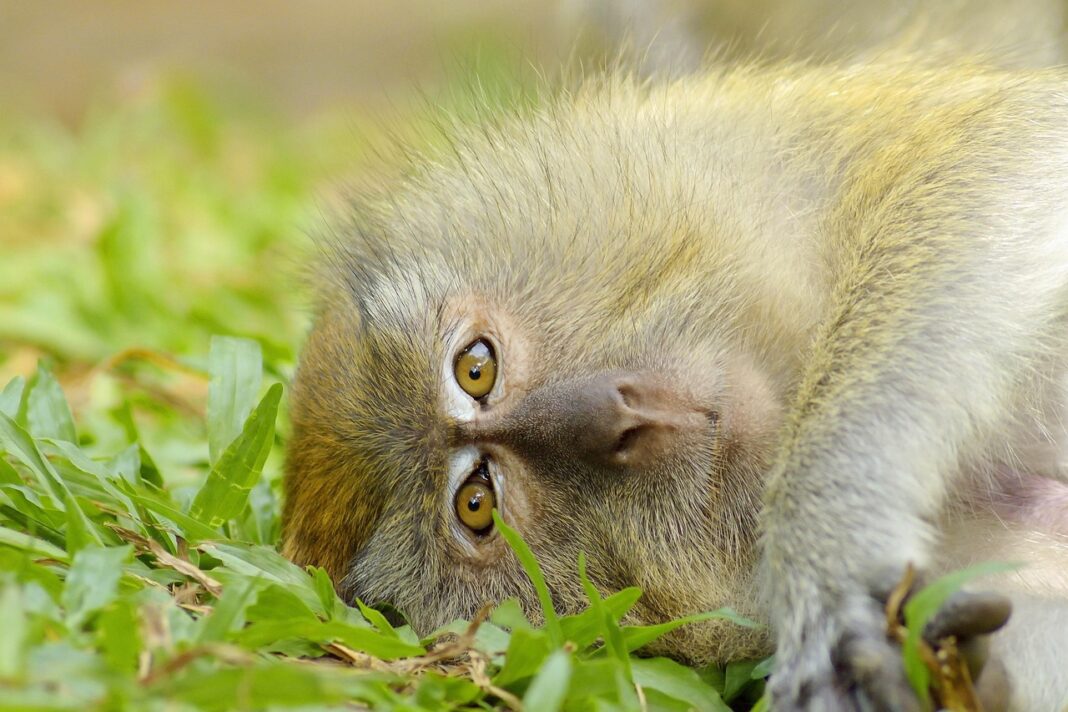Wildlife documentaries transport us to the most remote and breathtaking corners of the planet, offering glimpses into the lives of creatures great and small. These immersive films not only entertain but also educate, raising awareness about the natural world and the importance of conservation. From the depths of the ocean to the highest mountain peaks, wildlife documentaries provide unparalleled access to the wonders of our planet, fostering a deeper appreciation for biodiversity and the challenges facing wildlife today.
The Allure of Wildlife Documentaries
Educational Value
Wildlife documentaries are incredibly valuable educational tools, offering viewers the chance to learn about:
- Animal Behavior: Gain insights into how animals hunt, mate, communicate, and adapt to their environments. For example, David Attenborough’s “Planet Earth” series meticulously captures complex animal behaviors like the intricate mating rituals of birds of paradise.
- Ecosystems: Understand the interconnectedness of species within various ecosystems, from rainforests to coral reefs. Documentaries such as “Blue Planet II” beautifully illustrate the delicate balance within marine ecosystems.
- Conservation: Learn about the threats facing wildlife, such as habitat loss, climate change, and poaching, and the efforts being made to protect endangered species. “Racing Extinction” is a powerful example of a documentary highlighting the urgent need for conservation.
Immersive Experiences
Modern wildlife documentaries utilize advanced filming techniques to create immersive viewing experiences:
- High-Definition Footage: Stunning visuals bring the natural world to life with incredible clarity and detail.
- Slow-Motion and Time-Lapse: These techniques reveal behaviors and processes that are normally invisible to the naked eye, such as the blooming of a flower or the flight of a hummingbird.
- Underwater Filming: Explore the mysteries of the ocean with specialized cameras and equipment, capturing the beauty and diversity of marine life.
Emotional Connection
Wildlife documentaries often evoke strong emotional responses in viewers:
- Empathy: Witnessing the struggles and triumphs of animals can foster empathy and a sense of connection to the natural world.
- Awe and Wonder: The sheer beauty and complexity of nature can inspire awe and wonder, reminding us of the importance of preserving it.
- Concern: Learning about the threats facing wildlife can motivate viewers to take action and support conservation efforts.
Notable Wildlife Documentary Series
Planet Earth and Planet Earth II
These landmark series, narrated by David Attenborough, are renowned for their breathtaking cinematography, comprehensive coverage of diverse ecosystems, and compelling storytelling. Key features include:
- Global Scope: Explore a wide range of habitats, from deserts and jungles to polar regions and deep oceans.
- Cutting-Edge Technology: Utilizing the latest filming techniques, including drones and remote cameras, to capture unique perspectives.
- Conservation Messages: While showcasing the beauty of the natural world, these series also subtly highlight the challenges facing wildlife and the need for conservation.
Blue Planet and Blue Planet II
These series delve into the mysteries of the ocean, revealing the incredible diversity of marine life and the impact of human activities on marine ecosystems. Highlights include:
- Deep-Sea Exploration: Discover creatures that live in the deepest parts of the ocean, where sunlight never penetrates.
- Coral Reef Ecosystems: Witness the vibrant colors and intricate relationships within coral reef ecosystems.
- Plastic Pollution: Learn about the devastating effects of plastic pollution on marine life and the urgent need to address this issue.
Our Planet
A Netflix original series that combines stunning visuals with a strong conservation message. Key features include:
- Focus on Conservation: Each episode highlights the threats facing wildlife and the importance of protecting ecosystems.
- Global Perspectives: Explore a wide range of habitats around the world, from tropical rainforests to frozen tundras.
- Actionable Insights: Provides viewers with practical steps they can take to support conservation efforts.
The Impact of Wildlife Documentaries on Conservation
Raising Awareness
Wildlife documentaries play a crucial role in raising awareness about the threats facing wildlife and the importance of conservation:
- Public Education: By reaching a wide audience, these films can educate people about the challenges facing wildlife and the actions needed to protect them.
- Policy Influence: Documentaries can influence policymakers to enact stronger environmental regulations and support conservation initiatives.
- Behavioral Change: By inspiring empathy and concern, these films can motivate viewers to make more sustainable choices in their daily lives.
Funding Conservation Efforts
Many wildlife documentaries are produced in partnership with conservation organizations, which receive funding and support through the films:
- Donations: Viewers are often encouraged to donate to conservation organizations featured in the documentaries.
- Partnerships: Film crews often work with conservation scientists and researchers, providing them with resources and expertise.
- Promoting Ecotourism: Documentaries can promote ecotourism, which can generate revenue for local communities and support conservation efforts.
Inspiring Action
Wildlife documentaries can inspire individuals to take action in support of conservation:
- Volunteering: Viewers may be motivated to volunteer with conservation organizations or participate in citizen science projects.
- Advocacy: Documentaries can inspire viewers to advocate for stronger environmental policies and support conservation initiatives.
- Sustainable Living: By learning about the impact of human activities on the environment, viewers may be motivated to adopt more sustainable lifestyles.
The Future of Wildlife Filmmaking
Technological Advancements
New technologies are constantly expanding the possibilities of wildlife filmmaking:
- Drones: Provide aerial perspectives and allow filmmakers to capture footage from remote and inaccessible locations.
- Remote Cameras: Allow filmmakers to observe animals without disturbing them, capturing more natural behaviors.
- Virtual Reality (VR): Offer immersive viewing experiences that transport viewers to the heart of the natural world.
Increased Accessibility
Streaming platforms have made wildlife documentaries more accessible than ever before:
- Netflix, Amazon Prime, Disney+: These platforms offer a wide range of wildlife documentaries from around the world.
- Online Streaming: Allows viewers to watch documentaries on demand, anytime and anywhere.
- Global Reach: Streaming platforms have a global reach, allowing wildlife documentaries to be seen by audiences around the world.
Evolving Storytelling
Wildlife filmmakers are experimenting with new storytelling techniques to engage audiences and inspire action:
- Focus on Individual Animals: Following the stories of individual animals can create a stronger emotional connection with viewers.
- Interactive Narratives: Allowing viewers to make choices that affect the outcome of the story can increase engagement.
- Data Visualization: Using data visualization to illustrate the impact of human activities on the environment can be a powerful tool for raising awareness.
Conclusion
Wildlife documentaries are more than just entertainment; they are powerful tools for education, conservation, and inspiration. By showcasing the beauty and fragility of the natural world, these films can foster a deeper appreciation for biodiversity and motivate individuals to take action to protect it. As technology continues to advance and storytelling techniques evolve, the future of wildlife filmmaking is bright, promising even more immersive and impactful experiences that will inspire audiences for generations to come. Watching these documentaries can genuinely change the way we see the world and our place within it.



